From Cameroon to Kyrgyzstan
How smallholder farmers are transforming sustainable food systems
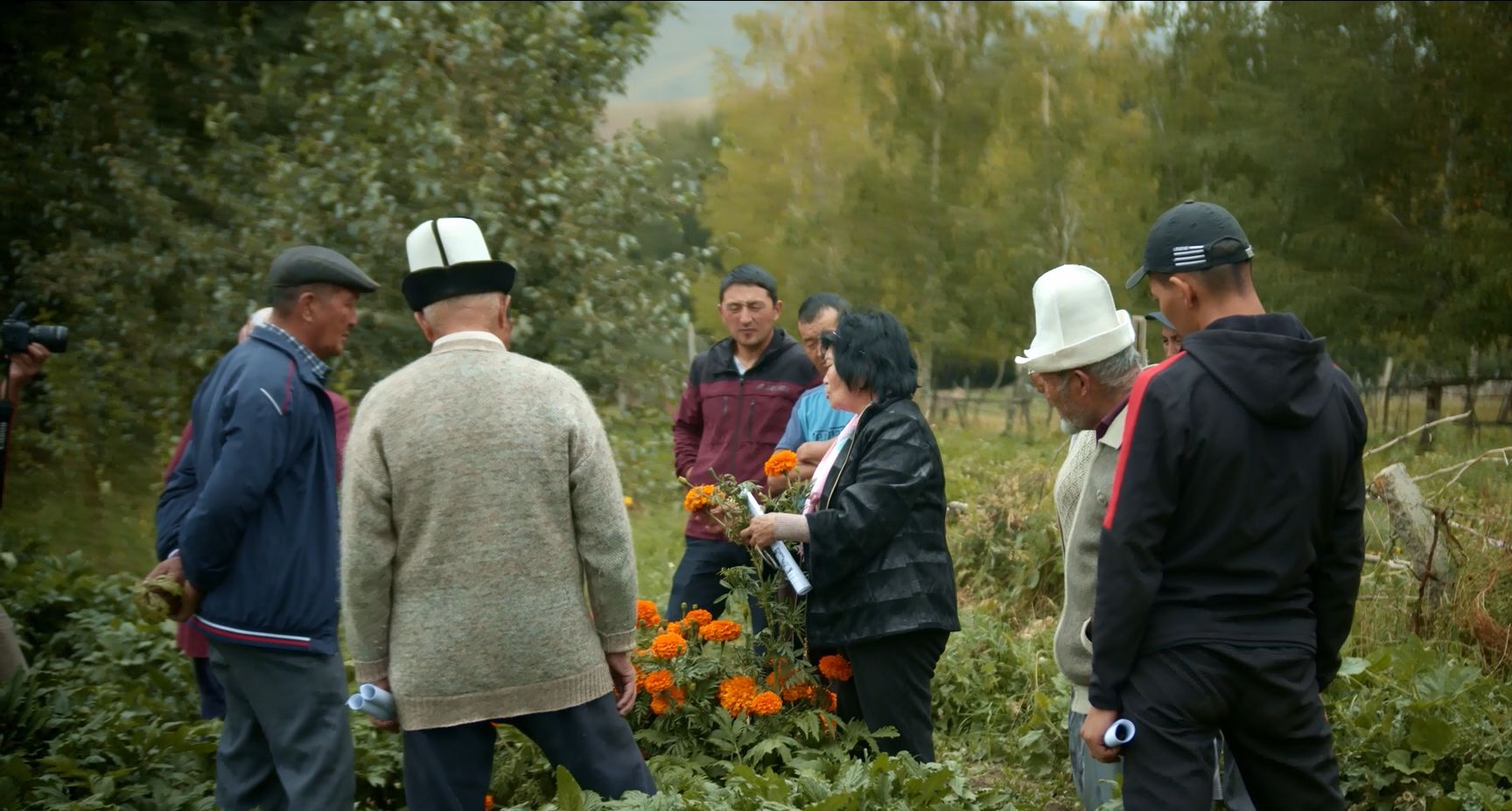
“In the past when there were collective farms, chemical fertilizers such as saltpetre led to soil disaster,” says Muhtarbek Eshaliev, a Kyrgyz organic farmer. “Our crops did not grow. That was the reason we joined the project to promote organic agriculture in our district.”
To reverse the degradation of farmland in rural and mountain areas of Kyrgyzstan, the BIO-KG Federation of Organic Development of Kyrgyzstan has created organic districts based on the ancient Kyrgyz traditions of reciprocity and community-building called shirge zhyar.
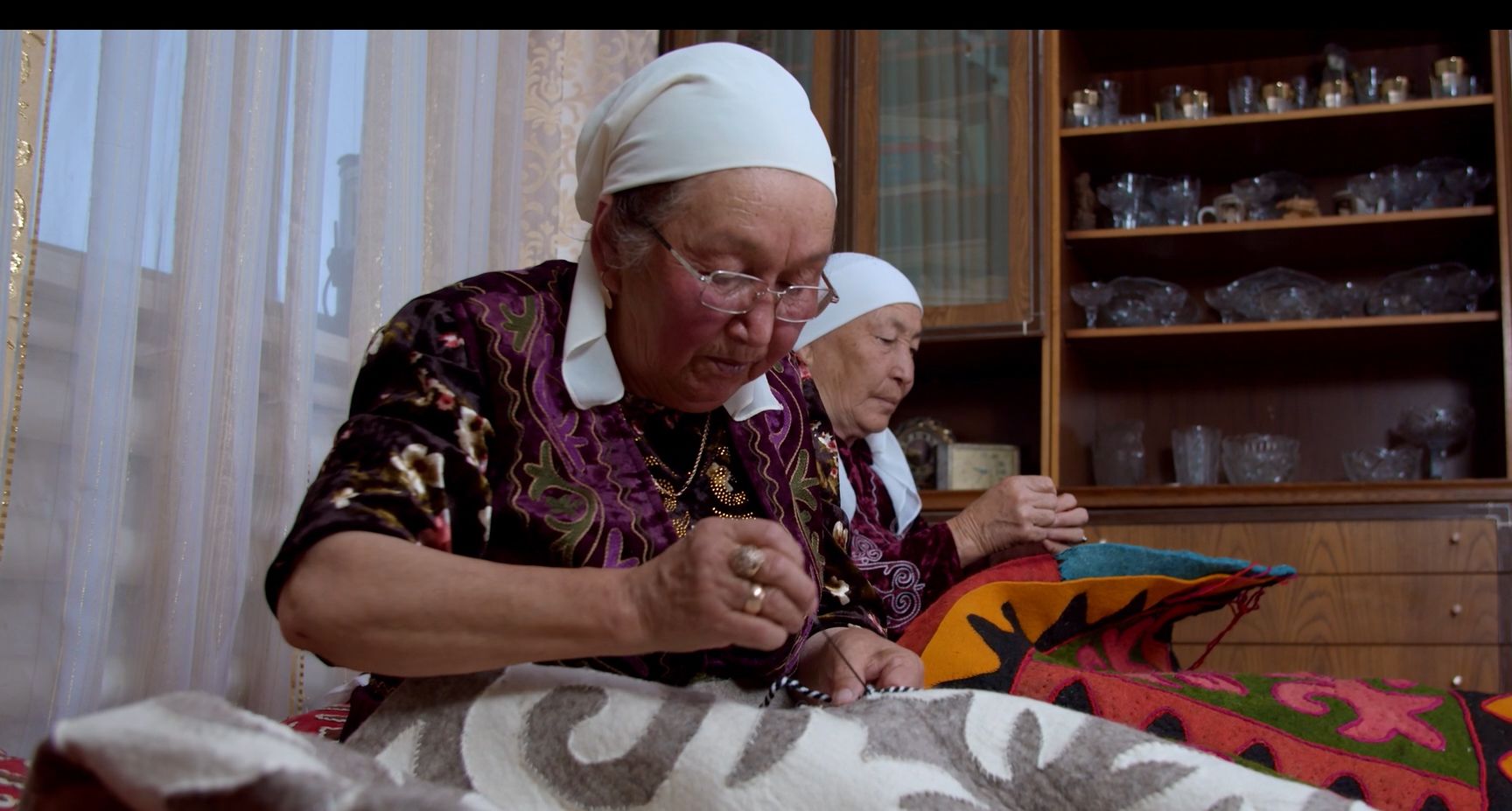
While 85 heads of state and government have pledged to take action on alternative food systems in the recent 2021 UN Food Systems Summit, Indigenous peoples and local community groups such as BIO-KG lead the way in their use of traditional, sustainable food production practices that both provide sustenance for populations and protect natural habitats.
At the Summit, UN Deputy Secretary-General Amina J. Mohammed and Indigenous leaders, including Myrna Cunningham, highlighted that the Sustainable Development Goals (SDGs) related to food security must be rooted in the scaling up of inclusive and Indigenous efforts.
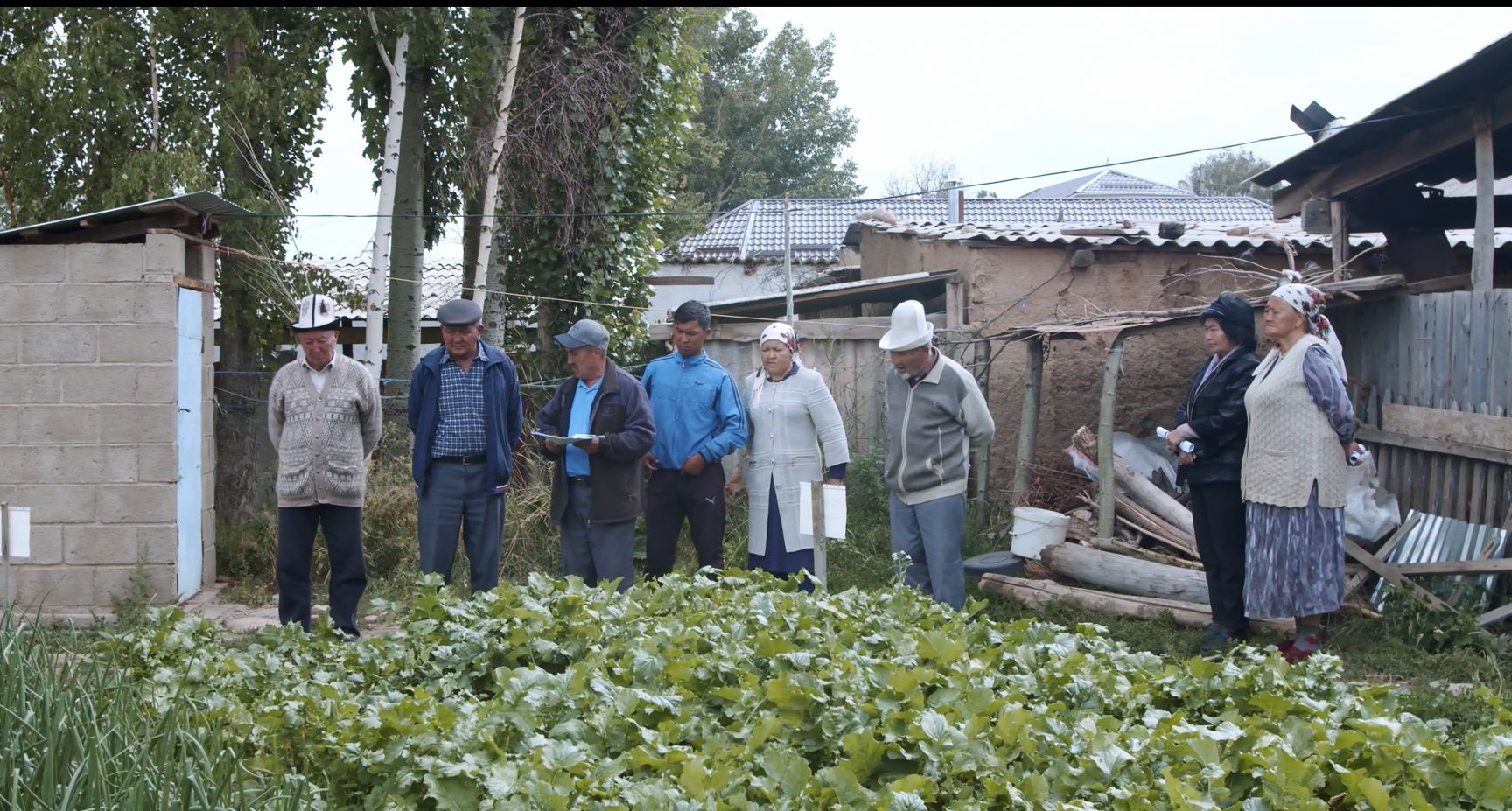
Smallholder farmers play an important role in sustaining global food production.
Research shows that farms of less than two hectares in size produce about a third of total crops and food globally. These small farms allocate more than half of their production to food for people – in contrast to industrial farms that allocate a higher share of their production to feed livestock.
Therefore, small farms play a significant role in ensuring food security, and many of the smallholder models have proven to uphold some of the most forward-thinking, effective forms of circular, nature-based agricultural systems.

Two of the Equator Prize 2021 winners exemplify scalable strategies to accelerate the transformation of current food systems: BIO-KG, in Kyrgyzstan, and Tropical Forest and Rural Development, in Cameroon. Both demonstrate how to prepare for further changes in climate and weather patterns that directly affect food production.
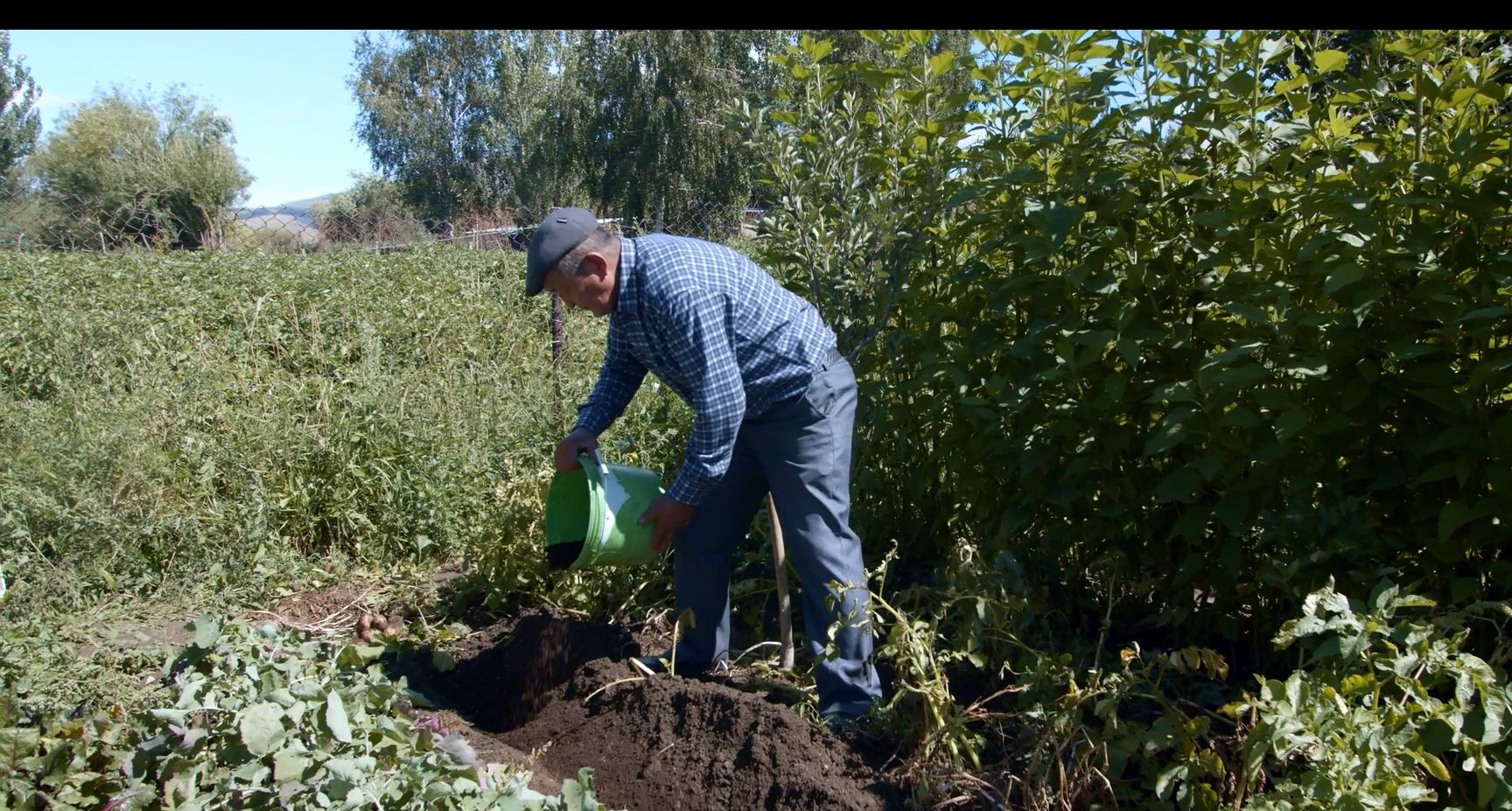
BIO-KG is supported through a global partnership between the GEF Small Grants Programme (SGP), implemented by the United Nations Development Programme (UNDP), with the Global Support Initiative for Indigenous Peoples and Community Conserved Territories and Areas (ICCA-GSI).
With funding from the German Federal Ministry for the Environment, Nature Conservation and Nuclear Safety, this global partnership is delivered by SGP - in close collaboration with the Global ICCA Consortium, the United Nations Environment Programme’s World Conservation Monitoring Centre, and the International Union for Conservation of Nature - to improve the recognition and overall effectiveness of territories and areas conserved by Indigenous peoples and local communities for biodiversity conservation, sustainable livelihoods, and resilience to climate change.
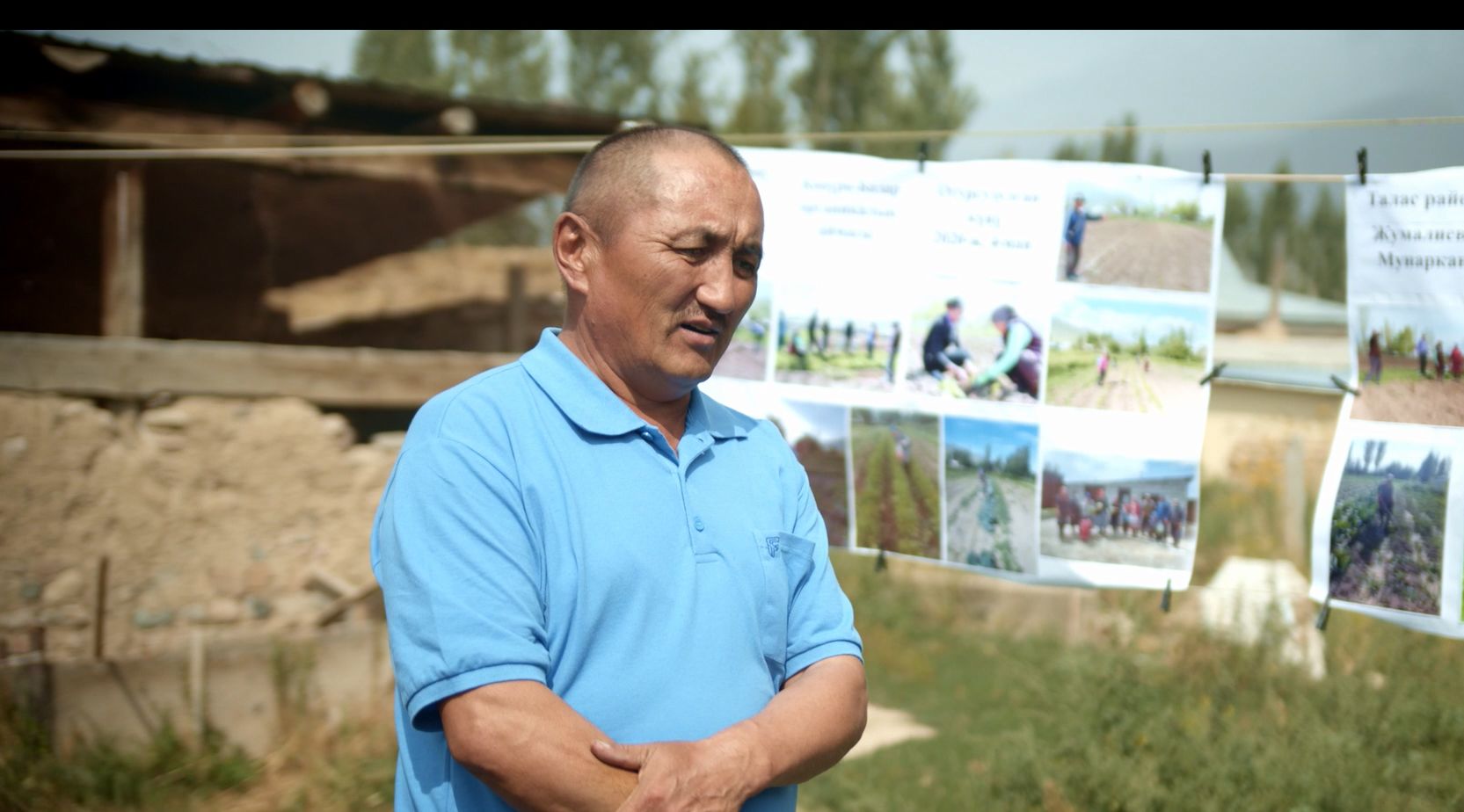
In BIO-KG’s approach, farmer-to-farmer field schools offer ongoing training to farmers on agroecological approaches (such as crop rotation) to ensure local vegetables and crops flourish even through dry seasons and periods of drought. Each of these schools then offers Participatory Guarantee System (PGS) certifications to farmers who complete the training process. Participatory Guarantee schemes train farmers to use organic approaches, helping protect the soil of their respective farms and using practices appropriate for their area. PGS records information on farmers, land plots, and produce, and serves as quality control as farmers visit and learn from each other. This builds long-term trust among the districts.
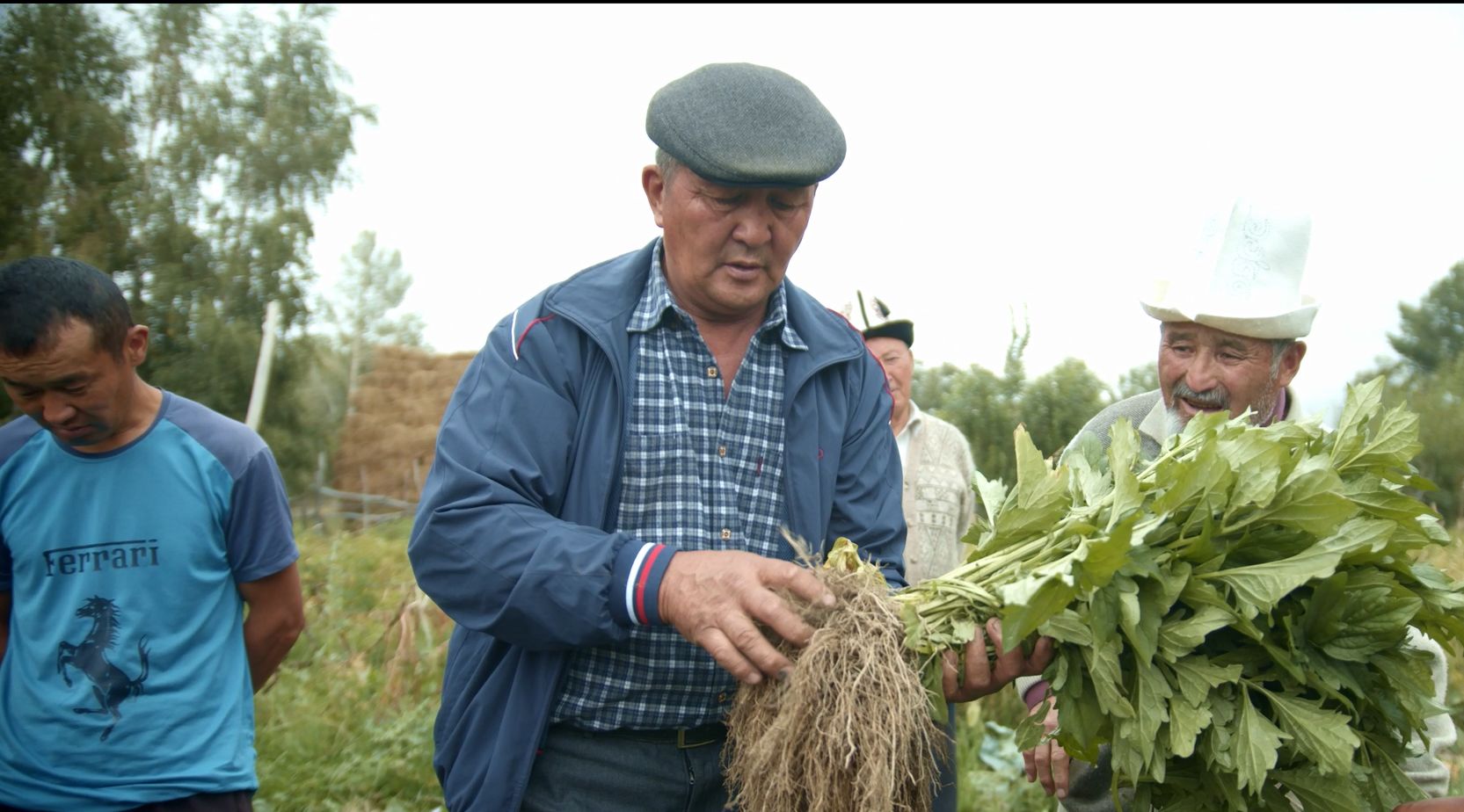
"They brought us seeds [of legumes, carrots, beets, cabbage, and herbs] and began training us on how to grow them in an ecologically friendly way without using chemicals,” says organic farmer Munarkan Jumalieva.
A majority of the organic districts are led by women. Of the 18 leaders, 12 are women, and of the 1,052 PGS members, more than 60 per cent are women.
“The introduction of small processing units, such as drying equipment, milk processing units, and jam production equipment increase the value chain for mountain products," explains Asan Alymkulov, a project coordinator at BIO-KG.
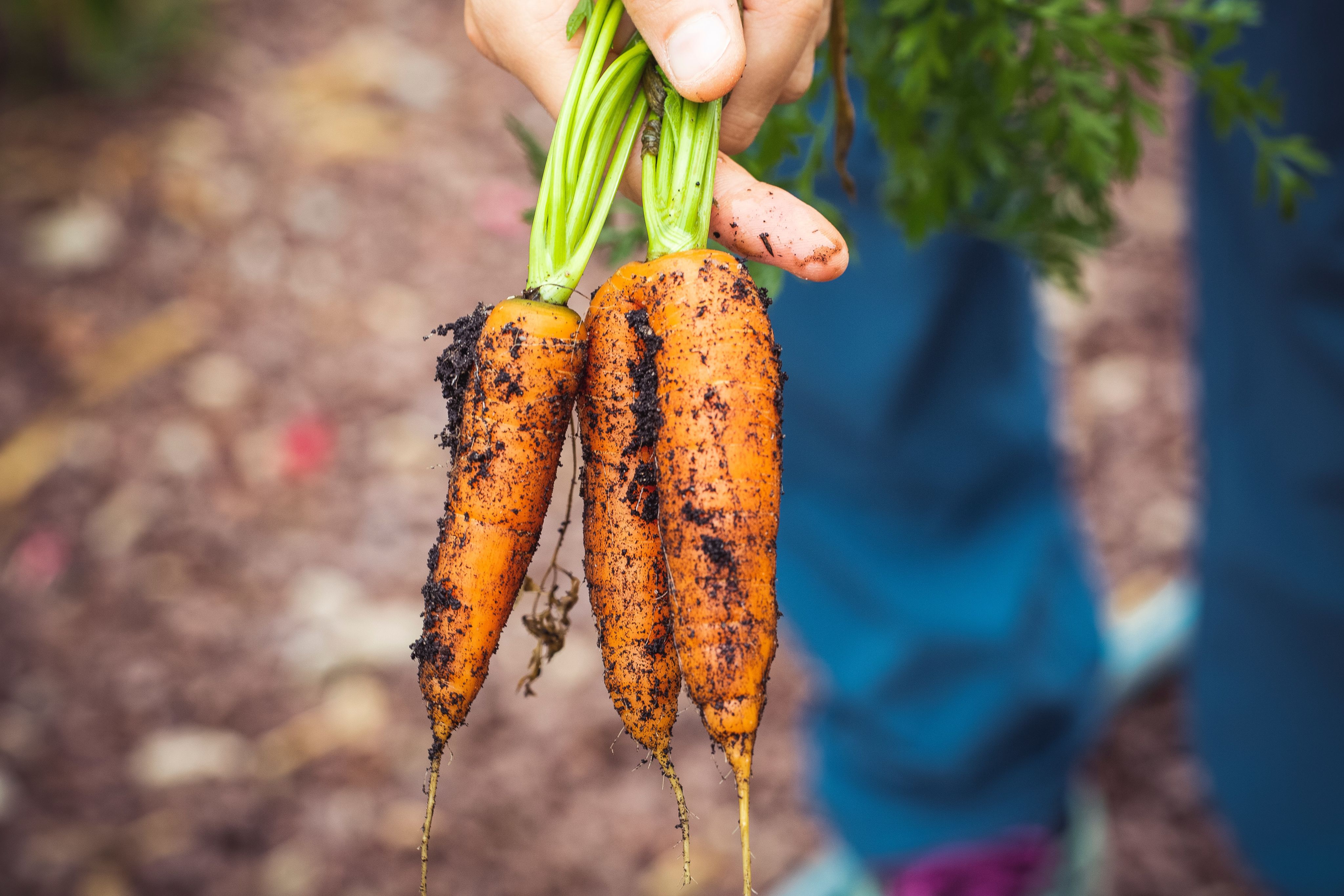
The produce goes beyond local consumers. In 2020, the farmers donated 7,000 kg of potatoes, 1,000 kg of carrots, 300 kg of garlic, and 200 kg of apples to schools, kindergartens, and homes for the elderly and persons with disabilities throughout the region.
Models like BIO-KG’s serve as a scalable pathway for smallholder farms to play a more important role in focusing agricultural practices on food production and strengthening local food security. They offer an alternative to industrial food production systems that are higher in greenhouse gas emissions and less effective in ensuring food security in communities.




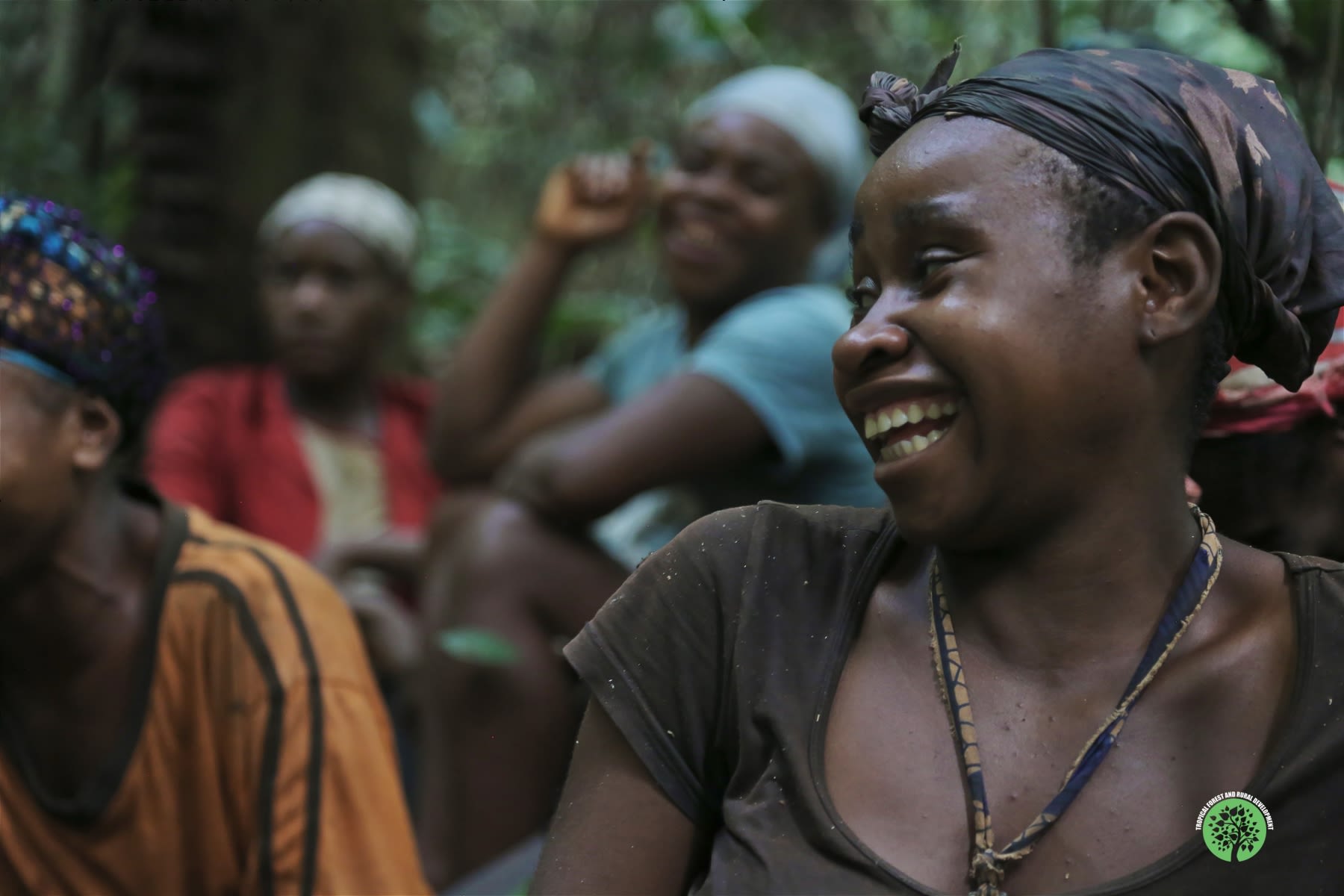
Halfway around the globe from Kyrgyzstan, a new grantee of the GEF Small Grants Programme in Cameroon received the Equator Prize 2021 for trailblazing work on local food and commodity production: Tropical Forest and Rural Development (TF-RD), a group of smallholder farmers and producers located in and around the Dja Biosphere Reserve, provides sustainable livelihoods as alternatives to poaching and deforestation.
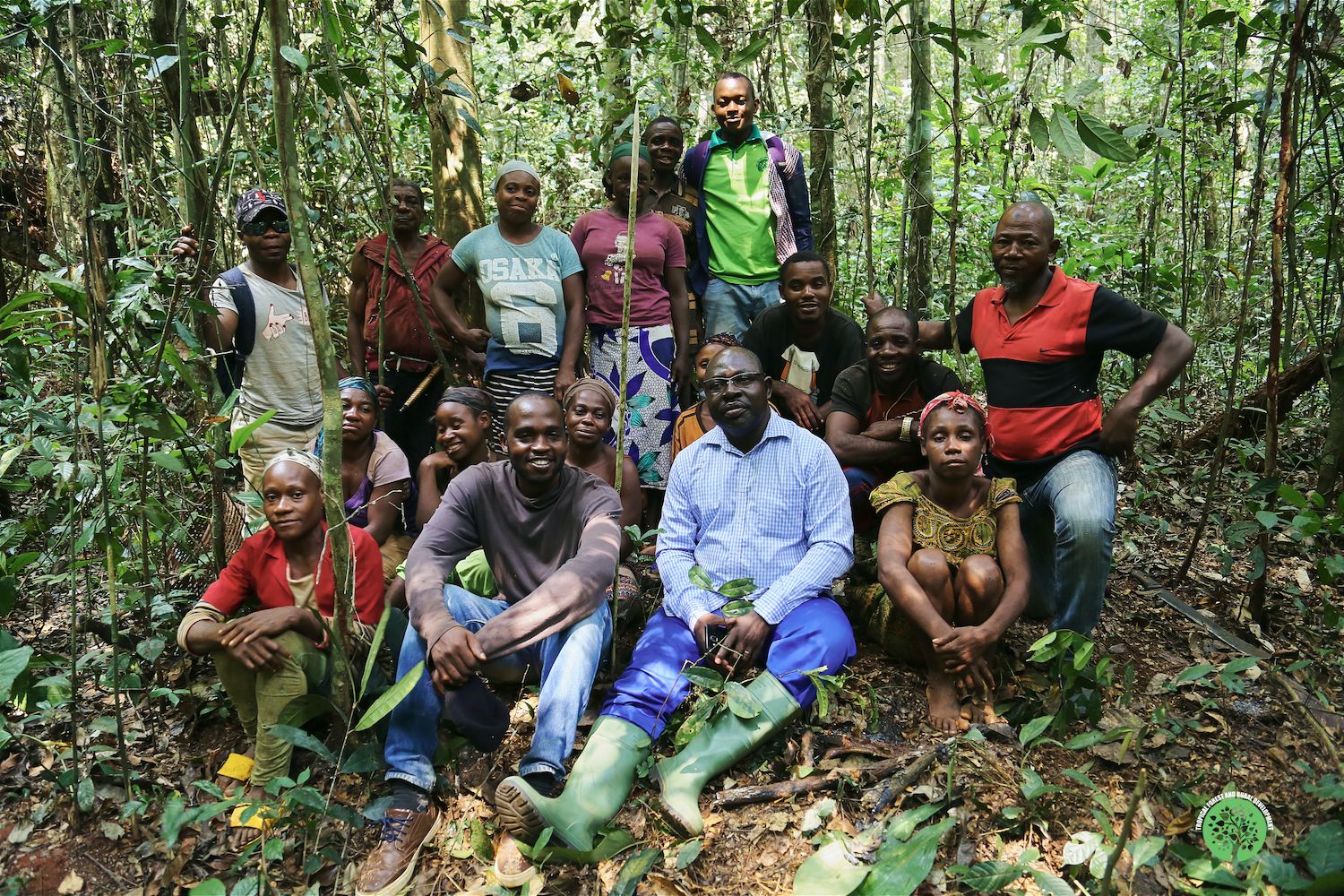
The Dja Biosphere Reserve in southeastern Cameroon’s Congo tropical rainforest is home to over 40,000 Indigenous Peoples. The reserve plays an important role in maintaining biodiversity in the region and protects 109 mammal species, such as the African elephant, leopard, and the western lowland gorilla.
“It is important to go back to the source… to get closer to these communities, to understand them, and to find out new directions for forest management”, said Manfred Epanda Aimé, the Executive President of TF-RD. “This approach allows us to implement a new model for community-based conservation activities and improve livelihoods, all while protecting the forest and regulating the exploitation of resources”.
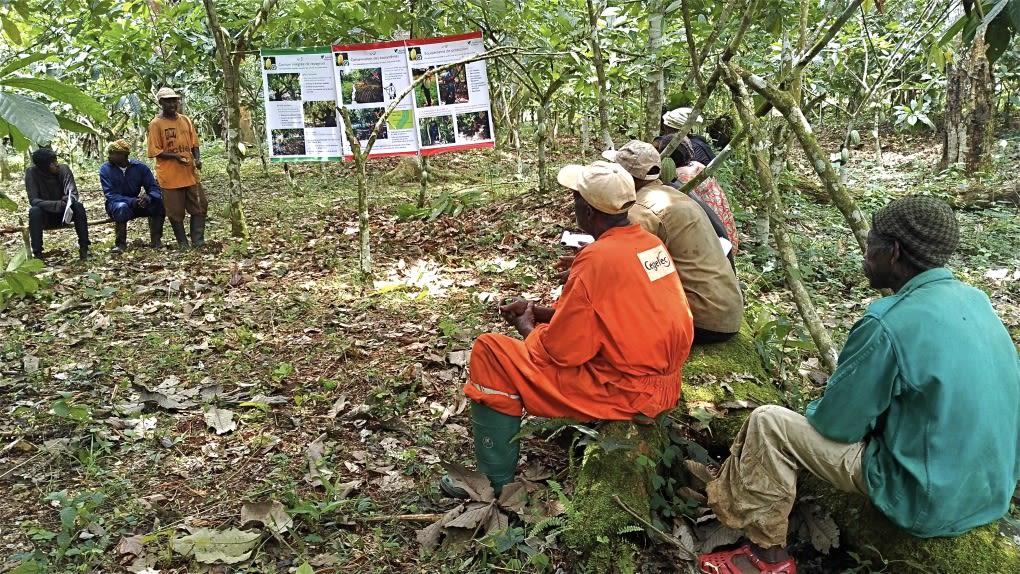
TF-RD’s agroforestry practices sustain supply chains of cacao nuts, mangos, and cosmetic products for local consumption and sale in markets, bolstered by their certification with Rainforest Alliance.
These activities are complemented by environmental education, monitoring and research to ensure the sustainable use of natural resources in the area.
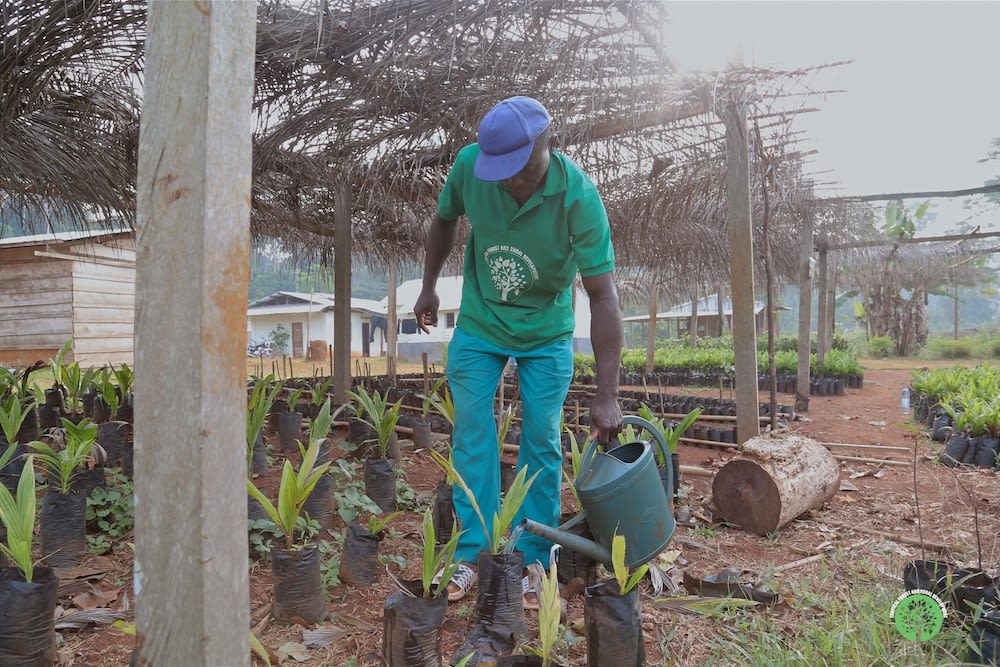
“We train young people to become farmers”, said Rolande Kouemo, Director of the Center of Agricultural Education of Malen V. “We provide them with technical-vocational courses. We also provide them with general education courses”.



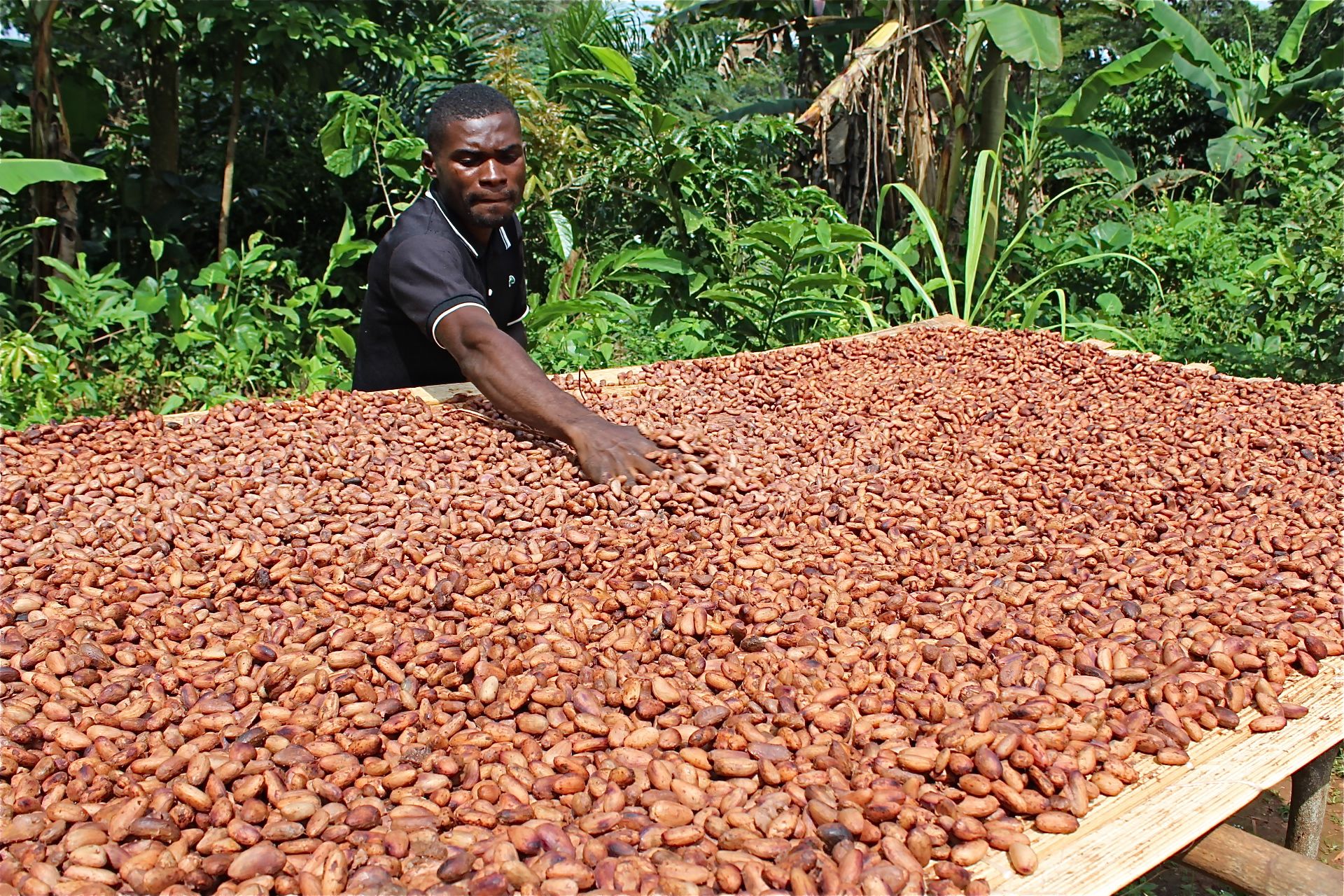
As an effective example of forest-based circular bioeconomy, the model has avoided the deforestation of 300 hectares of forest and has contributed to the reforestation of 70,000 trees on fallow land.
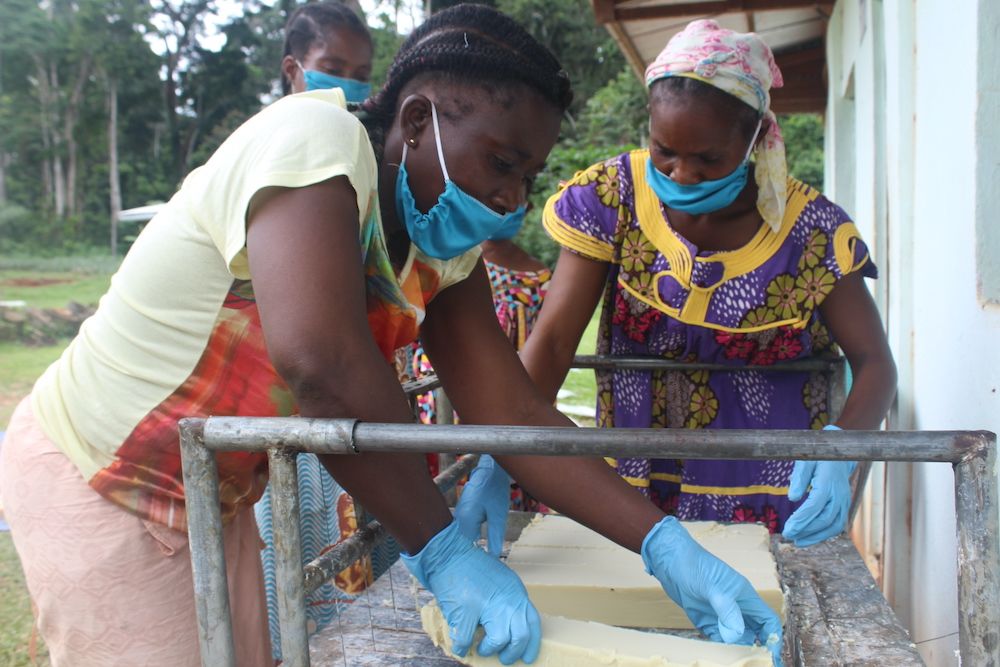
As a result, the economy of local communities has thrived. TF-RD has led to the self-employment of 500 women collectors of non-timber forest products, 300 cocoa producers, and over 40 administrative staff and technicians.
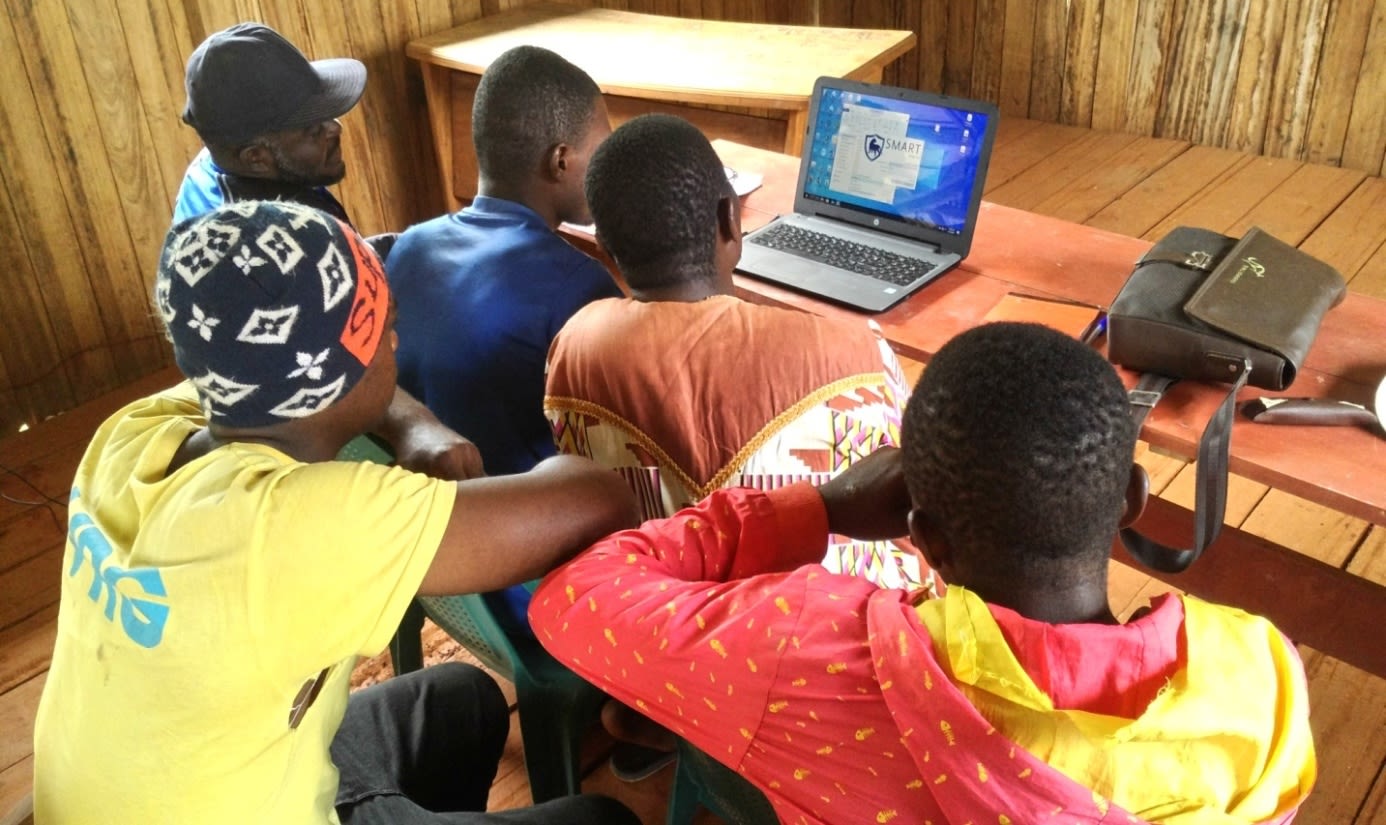
The work of TF-RD shows that agroforestry is a viable opportunity to transform food production towards more localized systems – systems that work together with nature, rather than exploiting it, while still being profitable.


Both Equator Prize winners – BIO-KG and TF-RD – are outstanding examples of how concepts under discussion at the UN Food Systems Summit can be put into practice.
They show that building sustainable food systems doesn’t necessarily require the creation of new models – sometimes it hinges on rediscovering the local models that already work, and scaling them up.
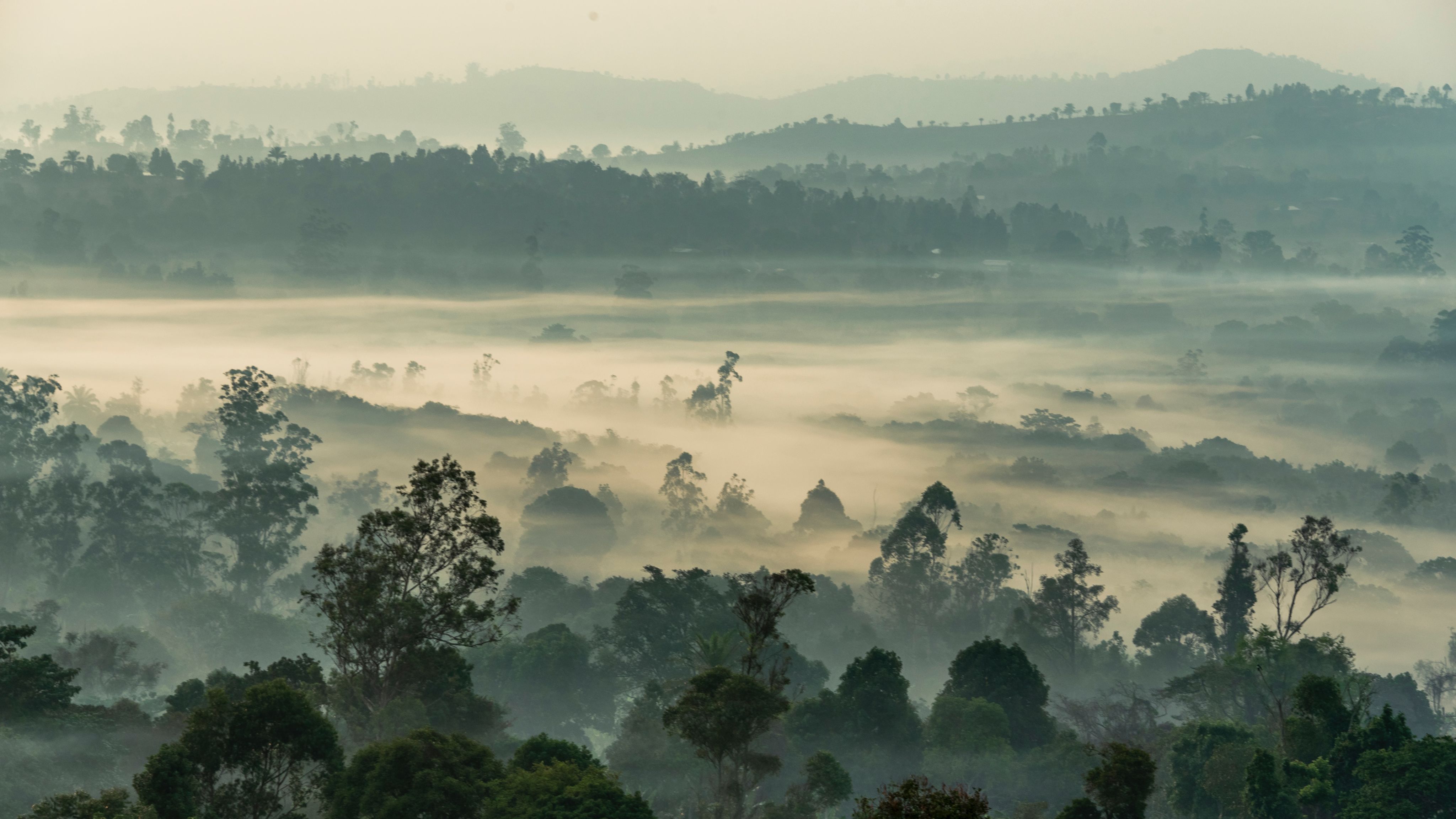
Local action = global impact
As a corporate programme of the Global Environment Facility, the Small Grants Programme has been implemented by UNDP since 1992, providing financial and technical support to civil society and community-driven initiatives that address global environmental issues while improving local livelihoods.
Many of these innovative local actions supported by SGP have been recognized through the Equator Prize, which was established in 2002 by the Equator Initiative to bring together the UN, governments, civil society, businesses, and grassroots organizations to recognize and advance local sustainable development solutions for people, nature, and resilient communities.
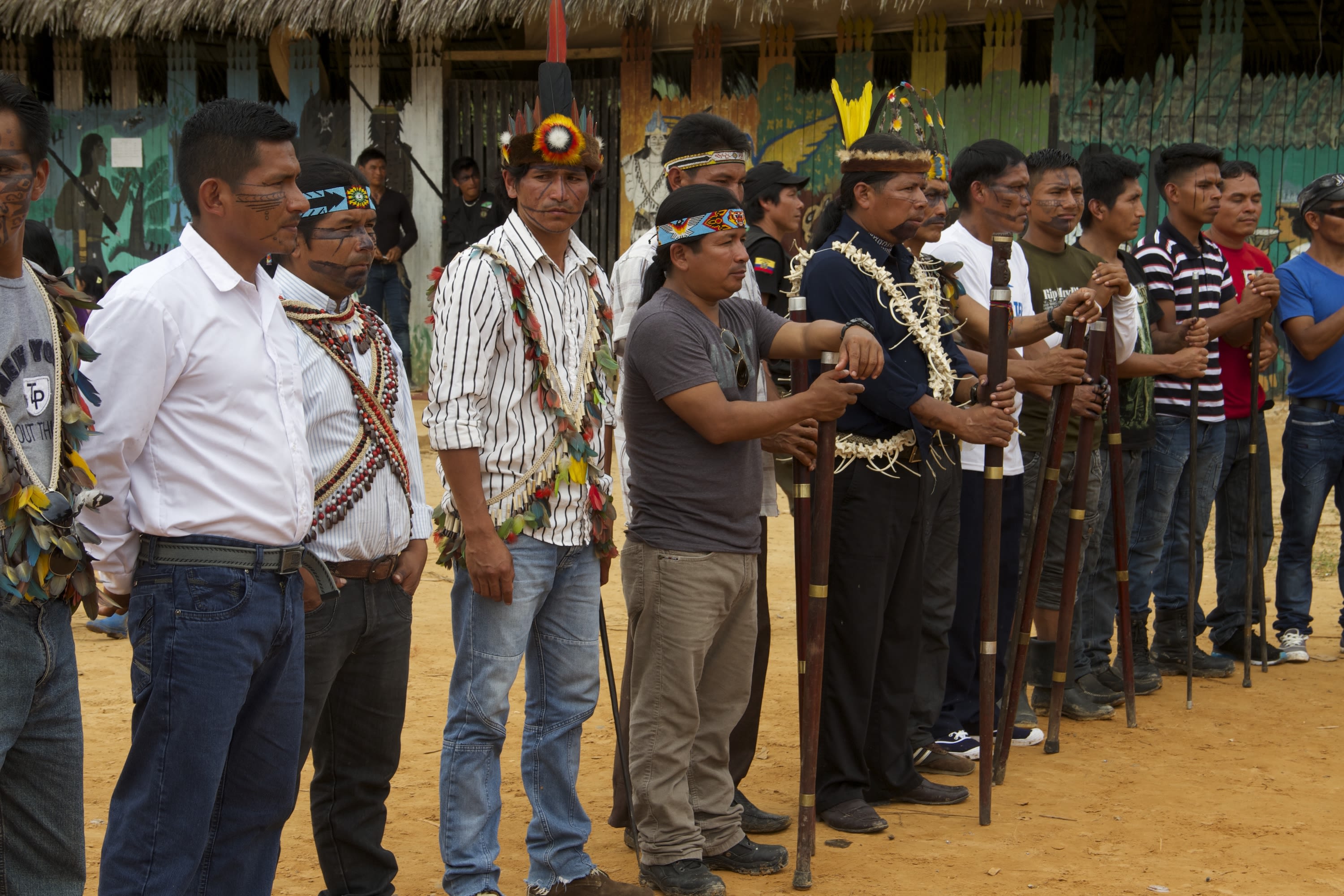
Both programmes are key pillars of a broad UNDP portfolio that supports local action at the community level to promote sustainable development and address global environmental issues, especially among the poor and most vulnerable.
UNDP is committed to identify, replicate and accelerate the dissemination and adoption of scalable local solutions for sustainable development, while contributing to the empowerment and repositioning of Indigenous Peoples and local communities from beneficiaries to agents of change.
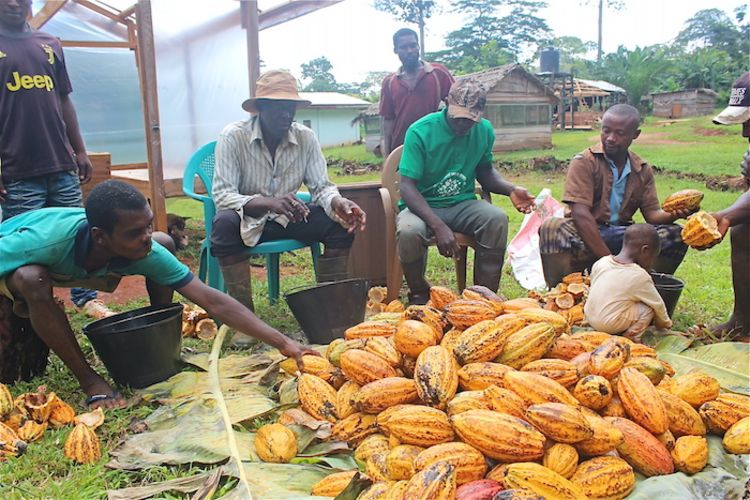
For more information, visit the websites of the SGP and Equator Initiative, where you can also find out more about SGP-supported projects in Cameroon and Kyrgyzstan, and other community-based initiatives supported by the programmes.




Story by: Aeden Keffelew, Martin Sommerschuh, Ana Paula Canestrelli, Andrea Egan
Visual layout: Andrea Egan
Photos: © Courtesy of BIO-KG Federation of Organic Development of Kyrgyzstan and Tropical Forest and Rural Development (TF-RD), additional photographers as noted.
Header photo: © Courtesy of BIO-KG Federation of Organic Development of Kyrgyzstan
Location: Kyrgyzstan and Cameroon
